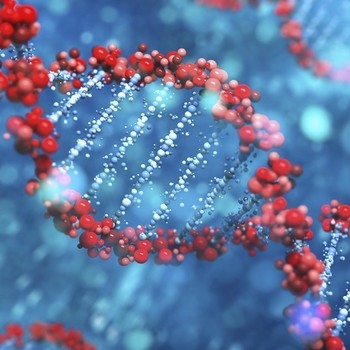Why are signal transduction pathways important?
1 Answer
Almost all cells sense chemicals and physical stimuli in their environment and respond to changes that can affect their function or development.
Explanation:
Hormones and other extracellular signaling molecules that
function within an organism to control a variety of processes,
including the metabolism of sugars, fats, and amino
acids; the growth and differentiation of tissues.
In any system, for a signal to have an effect on a target,
it has to be received. In cells, a signal produces a specific
the response only in target cells with receptor proteins that bind
that signal. Many types of chemicals act as signals: small molecules such as amino acid and lipid derivatives, steroids, acetylcholine),
gases (e.g., oxygen, nitric oxide), peptides (adrenocorticotropic
hormone and vasopressin), soluble proteins (insulin and growth hormone), and proteins that are tethered to the surface of a cell or bound to the extracellular matrix.

